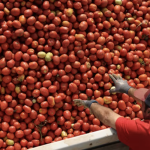Atkins Ranch - Regenerative Lamb Farming Puts More Back Into Farmers’ Pockets
Added 5 months ago
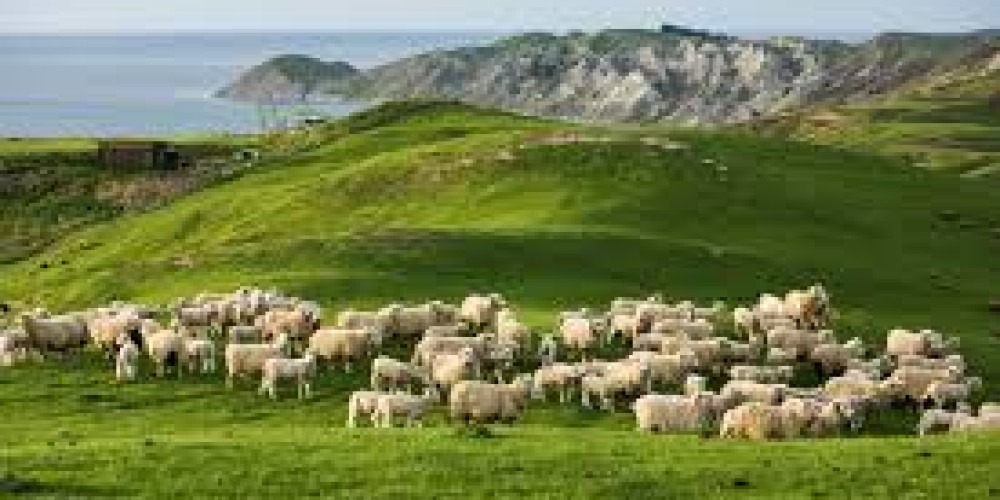
Atkins Ranch CEO Pat Maher believes the best way to get farmers on board with regenerative agriculture isn’t by using industry jargon. Terms like “regenerative” or “holistic” can turn farmers off, he says. Instead, the company takes a practical approach: healthy soil leads to better plants, stronger animals, and ultimately healthier people.
From Disillusion to Leadership
Atkins Ranch was founded in the 1980s by New Zealand farmers John Atkins and Philip Guscot, who were disillusioned with the meat industry and wanted to improve farmer returns by selling lamb directly into the US. More than 35 years later, the company partners with over 100 family farms, all raising lambs exclusively on pasture using regenerative practices.
Though its retail partnerships are all in the US—including a long-standing relationship with Whole Foods—its farming operations remain firmly in New Zealand, which offers the ideal climate for lamb production. Atkins Ranch has also set benchmarks in the industry, becoming the first lamb producer to achieve Non-GMO Project verification and Global Animal Partnership Step 4 accreditation, as well as a founding member of the Savory Institute’s Land to Market Regenerative Leadership Council.
Regeneration Made Simple
For Atkins Ranch, regenerative agriculture is about continuous improvement and long-term impact. The philosophy is straightforward: better soil equals healthier plants, which means better-fed animals, higher-quality products, and a healthier planet.
Farmers within the network are often multi-generational and deeply committed to leaving their land in better condition for future generations. Regenerative accreditation provides measurable proof of those improvements over time. While the concept can sound complex, Atkins Ranch works with each farm to make small, ecosystem-specific adjustments that strengthen soil health and biodiversity.
Respect for Animals and Consumers
Respect sits at the heart of the business. Maher stresses the importance of honoring each lamb’s life by using every possible part—meat, wool, pharmaceuticals, sausage casings, and pet food. Consumers, he says, can be confident that the animals are raised with care and that the environment they live in is equally respected. This approach delivers nutrient-dense food while helping safeguard the planet.
Harnessing Technology
Technology plays a growing role in Atkins Ranch’s operations. The company has developed systems to measure biodiversity and carbon outcomes, working with partners like Carbon Crop, which uses satellite imagery to track carbon sequestration on farms over the past 20 years. This allows the company to share clear evidence of its farmers’ progress with consumers.
Facing Market Challenges
Despite challenges such as US tariffs and food inflation, Atkins Ranch remains committed to the American market, where it has operated for more than three decades. The company is also tackling environmental issues closer to home, focusing on reducing single-use plastics and trialing recyclable or biodegradable alternatives.
Staying True to Its Roots
Unlike many traditional meat companies, Atkins Ranch’s key performance indicator is not maximizing shareholder profit but ensuring farmers receive fair value. “Our mission has always been to get more money back into farmers’ pockets,” Maher says.
The company relies on storytelling to raise awareness, justify premiums, and highlight the benefits of regenerative farming. Although rising food costs make this a difficult sell, Atkins Ranch is determined to expand its reach. Over the next two years, the focus will be on growing awareness among retailers and consumers who value regenerative practices and are willing to support a healthier food system.
Join the conversation
Be the first to leave a comment.
Leave a comment
All comments are reviewed before they are published on the website. Your email address will not be published.
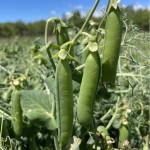
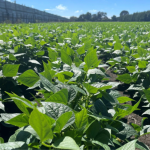

Community Engagement and Knowledge Sharing Strengthen the Carbon Positive Project
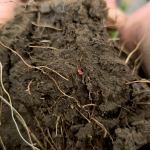
Are We Changing Soil Carbon Yet? Three Years In, the Jury’s Still Out

Farewell to Trustee Phil Schofield – A Foundational Leader of the HBFFCT
